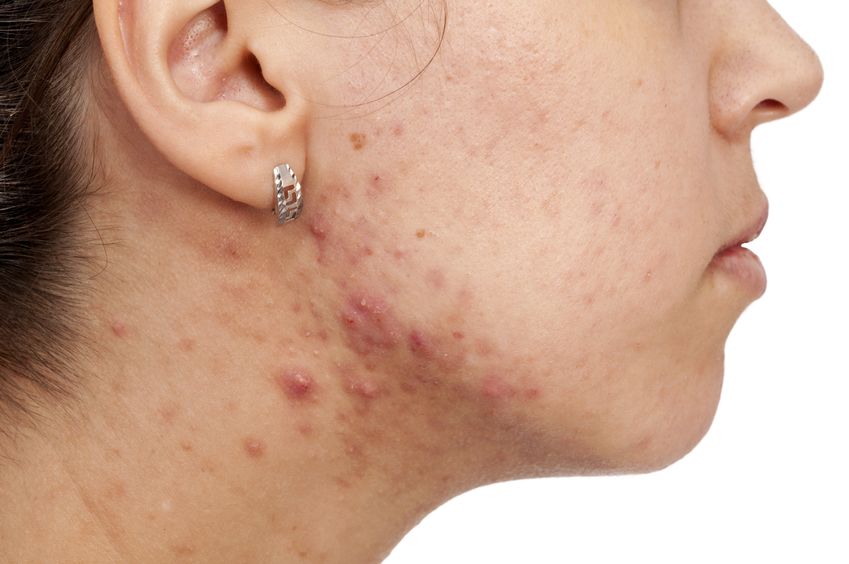July 6, 2020
Health Canada Recall: Hand Sanitizers
Health Canada is advising Canadians that certain hand sanitizers containing technical-grade ethanol are being recalled from the market because they are not compliant with federal regulations and may pose a risk to health.
Given supply shortages of pharmaceutical- and food-grade ethanol, on April 15, 2020, Health Canada permitted the temporary use of technical-grade ethanol in alcohol-based hand sanitizers.
Manufacturers wishing to use technical-grade ethanol must choose from a list of Health Canada-authorized suppliers and receive a No Objection Letter from Health Canada before manufacturing or distributing the product. Technical-grade ethanol contains more impurities than pharmaceutical- and food-grade ethanol.
Health Canada is advising Canadians to stop using the products on the list below. The Department will update this list if it becomes aware of other affected products, so that Canadians can easily identify ones they may have purchased and take appropriate action. Canadians are encouraged to consult the list regularly for updates.











